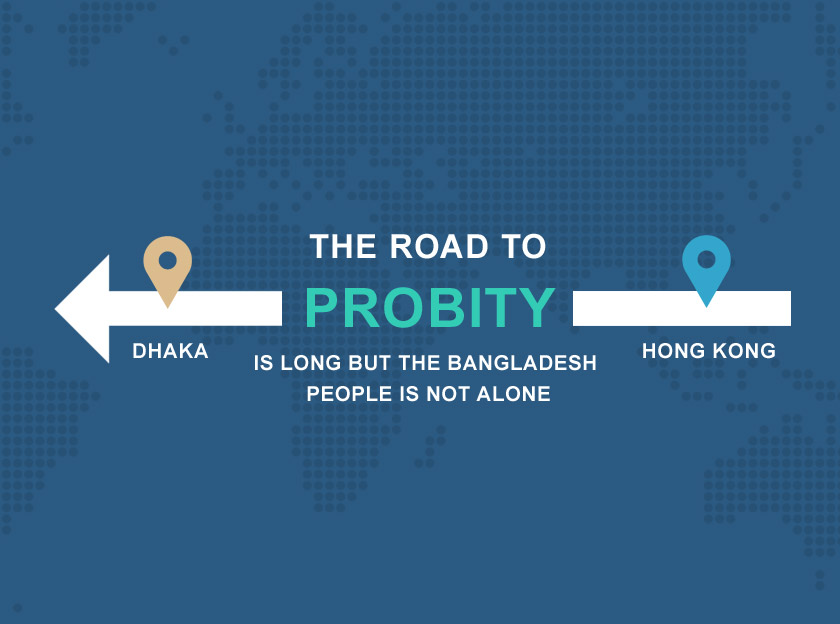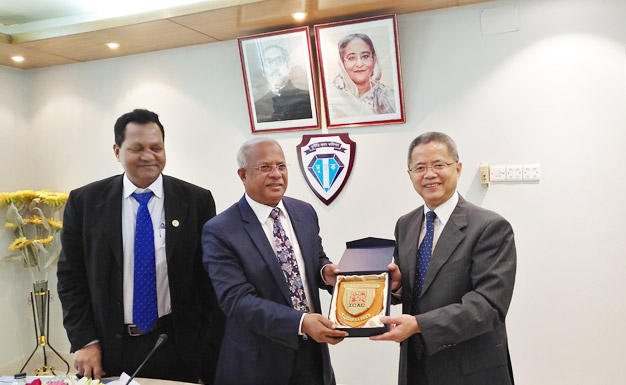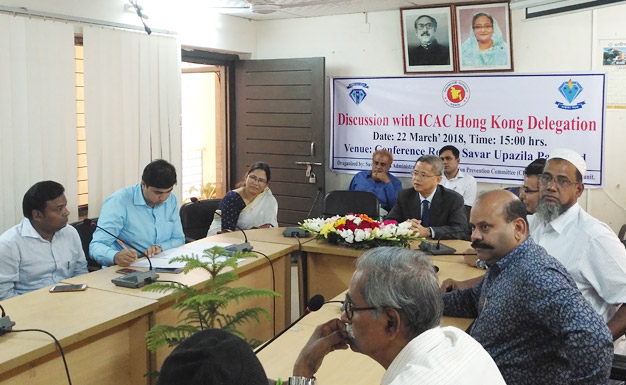

Many of us have heard about the revolutionary checkout-free supermarket in Seattle, United States, pioneered by one of the country’s electronic commerce giants. With top-notch technology, the checkout counter is scrapped entirely. A state-of-the-art system detects products that are taken off from the shelves and when a shopper leaves with his or her goods, the shopper’s credit card will be charged automatically. Security is watertight. A journalist reportedly attempted to shoplift, but the system detected it and the items were added to his bill.
Where first-class technology is available, “grab-and-go” shopping may easily become a trend with minimal risks of shoplifting by dishonest customers. But imagine we are 8,000 miles away in a primary school in Dhaka, Bangladesh. During recess, students hover around a small wooden table on which candies, soft drinks and stationery items are laid out. There is no sophisticated computer system. But like the Seattle store, a checkout counter is nowhere to be seen. There isn’t even a teacher or prefect guarding over a cash register. Students choose what they fancy and can afford with their meagre pocket money, check the price label on each item and drop the money into a carton box. Stock taking and accounting at intervals show that the books always balance. No security sensor is required.
“This is one of the 600 Integrity Stores set up by the Anti-Corruption Commission (ACC) of Bangladesh in primary and secondary schools across the country, in a bid to instil the core values of honesty and integrity in children at an early age,” said Francis Sham Ka-fai, Executive Director of the ICAC’s Centre of Anti-Corruption Studies and International Training (CACSIT) who earlier paid a study visit to the South Asian country upon the invitation of the ACC.


Under the United Nations Convention against Corruption (UNCAC), the ICAC has been designated by the Central People’s Government to assist States Parties in system and capacity building in the fight against corruption. The CACSIT, the ICAC’s dedicated unit is tasked to help these countries, including those along the Belt and Road routes, identify training needs and provide tailor-made training assistance and consultancy services.
During his study visit for this purpose, Sham met with ACC Chairman Iqbal Mahmood, Secretary-General Dr Md. Shamsul Arefin, the heads of the ACC’s six functional divisions as well as other senior officers of the anti-graft agency.
The ACC shared with Sham the challenges and difficulties Bangladesh faced in the anti-graft war.
“I am deeply impressed by the ACC’s determination to fight corruption. The Integrity Stores initiative, engaging young people at their formative years, is a remarkable first step,” Sham said.
“The road to probity is long but the Bangladesh people is not alone. The ICAC is happy to share its experience and lend a helping hand. This trip provided us the opportunity to understand the latest development of the country, identify their training needs in terms of capacity building and foster cooperation,” he said.